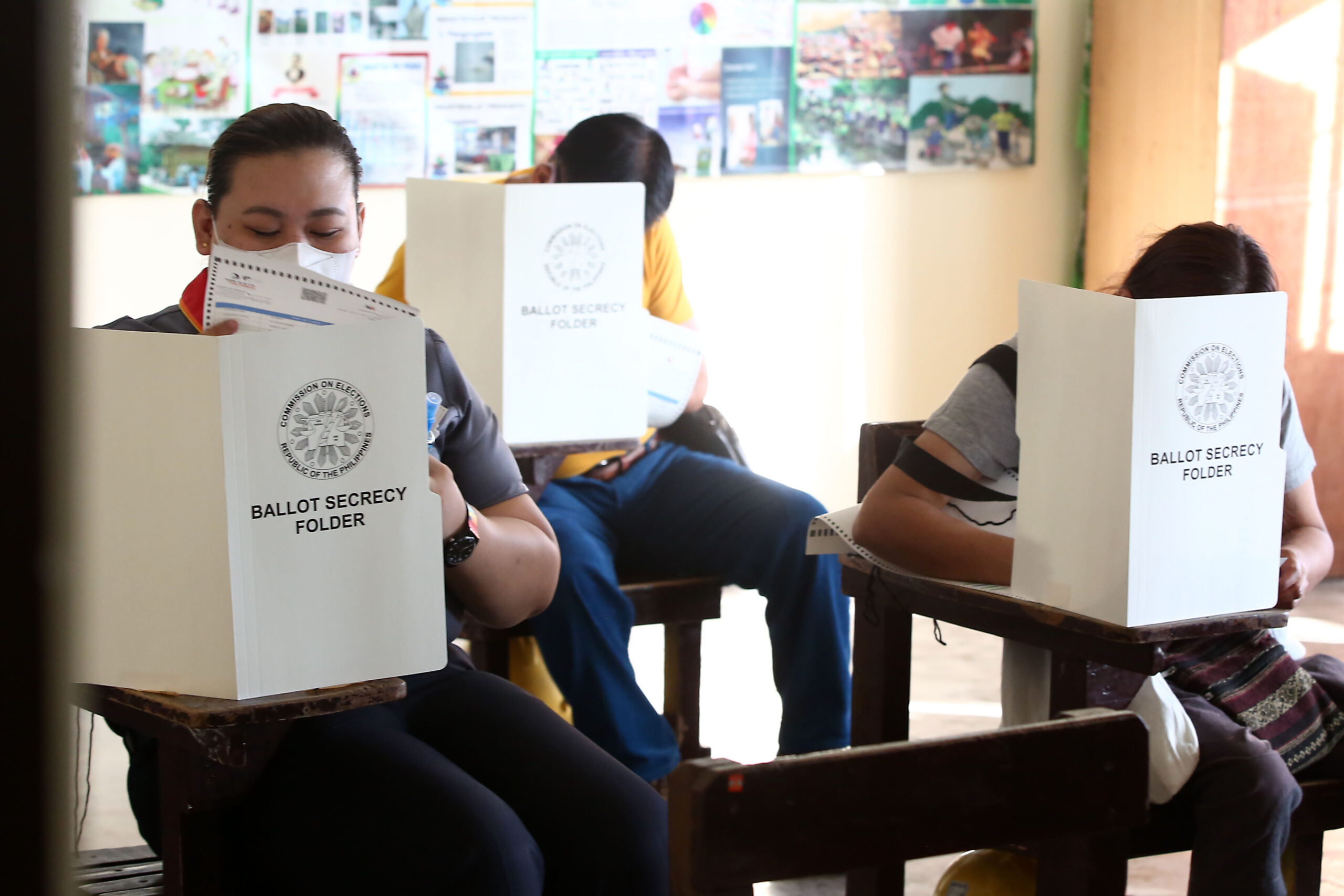Presidential vote ratio ‘statistically sound’ but election itself marred by disinformation — forum

The transmitted vote count for the 2022 presidential election is statistically sound but the period leading up to the May 9 poll was marred by a “multiverse” of disinformation, according to a May 11 forum organized by communication scholars and practitioners.
“There’s nothing statistically that we can say is unusual, but there is still a possibility that something happened in the course of transmission. The only way to verify that is to cross-check the manual count,” said Erniel B. Barrios, a statistics professor at the University of the Philippines (UP), in a webinar titled “Anyare? Post-Election Analysis” hosted by the Philippines Communication Society.
Statistics can explain “68:32 magic,” a term coined by netizens to refer to the consistent gap in votes between leading presidential candidate Ferdinand “Bongbong” R. Marcos, Jr., and runner-up Maria Leonor “Leni” G. Robredo.
“For each number of votes accumulated, that’s a cumulative count. In statistics, that’s possible; that’s statistically sound. It’s not irregular that while the votes we’re counting increase, we get closer to the real proportion,” Mr. Barrios said, as he explained the central limit theorem in the vernacular.
All eyes turn to the Parish Pastoral Council for Responsible Voting (PPCRV), which will complete its cross-check of manually counted votes by this weekend.
The main takeaway from the elections, said the panelists, is the power of disinformation, strategic branding, and social media algorithms to shape Philippine public perception.
“You can get trapped in an algorithm where all you see are the fake news — and the real news or the facts don’t penetrate into your algorithm … That’s why disinformation becomes easier,” said Rachel E. Khan, associate dean of the UP College of Mass Communication and coordinator of Tsek.ph, a collaborative fact-checking platform.
“Especially if your networks are very narrow, you only have people of the same mindset. Our worldview becomes unreal. We are just in a multiverse,” she said.
The panelists criticized the use of incomplete polls like Pulse Asia and Google Trends to assume outcomes. “These are based on perception. That can easily change,” said Mr. Barrios. — Brontë H. Lacsamana



